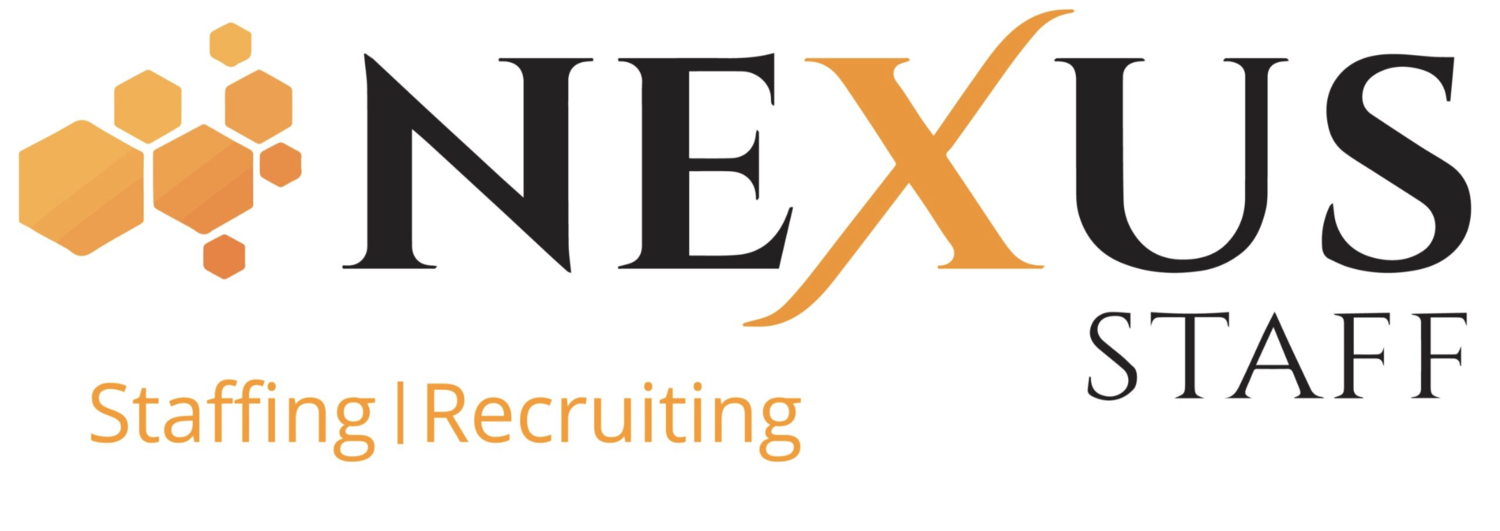Five Benefits of Employee Resource Groups
Employee resource groups (ERGs) are voluntary, employee-led groups made up of employees with similar interests, backgrounds, or demographics. ERGs serve as an open environment and welcoming space for employees to support each other’s experiences in their careers or personal lives.
When businesses implement this opportunity for employees to come together, the company and employees alike can benefit. From giving a voice to underrepresented groups to retaining and attracting top talent, below are five benefits employee resource groups can have in any company.
Gives a voice to underrepresented groups
Many organizations choose to offer employee resource groups for underrepresented or marginalized groups in the workplace. For example, this can look like ERGs focused on the experiences of people of color, LGBTQ+ employees, women, employees with disabilities, and more. For these groups that may not typically feel like their voices are heard, ERGs can give them the opportunity to come together and voice their opinions on shared experiences or learn more about the experiences of others around them. In other words, ERGs ensure all employees are given the opportunity to be heard, valued, and included.
Provides a sense of belonging for remote employees
For remote employees that do not regularly meet in the office, it can be a struggle to feel a sense of belonging in their organization or included in company culture. However, when these employees are given the opportunity to join ERGS, they are able to interact with others and learn more about their coworkers they may have otherwise not gotten the chance to connect with.
Boosts employee engagement
With a welcoming environment and a sense of belonging, employee resource groups can help employees feel more comfortable in their organization. As a result, these employees are then more likely to be engaged with their work. This means they are likely to become employees that are not just satisfied with their work, but they enjoy doing the work that they do. They’re willing to go the extra mile not because they feel obligated to, but because they genuinely want to. In return, engaged employees can affect every area of business – from their own increased productivity, to improved customer satisfaction, and even increased profits for their organization.
Provides learning opportunities
Successful employee resource groups provide employees the opportunity to learn more about the world around them – whether it’s a topic they personally have experience with, know someone experiencing it, or genuinely want to learn more. For example, Bank of America is just one company that offers a variety of different ERGs (or “Employee Networks” as the investment and financial services company calls them). Among their available groups is the Disability Action Network which provides support for employees with disabilities or employees with loved ones with disabilities. The group offers various educational forums, community-involved events, and resources.
Improved recruitment and retention
Throughout the recruitment process, sharing information about existing or upcoming ERGs to be formed can serve as an inside look to tell candidates more about company culture or the environment of their potential new role. For prospective new employees, hearing about the ways they will be able to get involved, meet and connect with coworkers, and discuss or learn more about their shared experiences can be exactly what they’re looking for in a new position. Likewise, for existing employees, knowing these resources are available to them can be a helpful reminder of how their organization has their best interest in mind.







